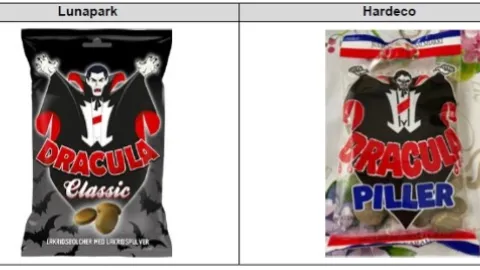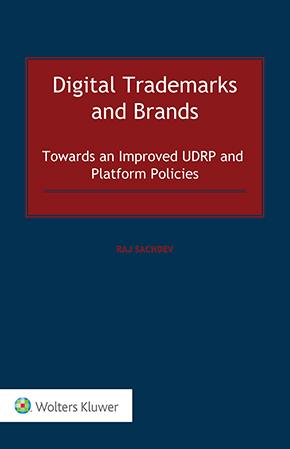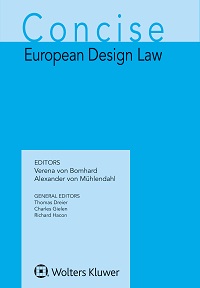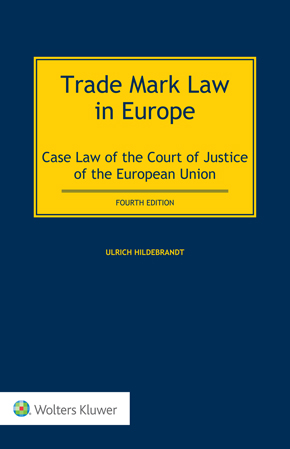Statutory Damages Tested in Kosovo: The Puma Case
August 27, 2025
Recently, the Appeals Chamber of the Commercial Court in Kosovo has overturned a €5,000 fine against an importer of PUMA sportswear, setting a pattern that has confused right holders [K. Dh. Sh. II.nr. 25/25, PUMA SE v. Selo Tours , hereinafter PUMA case or PUMA ruling]. It set a standard that even proven trademark infringement, repeated by the same defendant against reputed trademarks like PUMA and others, may not trigger statutory damages directly. This decision was among several earlier ones where the Commercial Court declined to apply Article 75(4) of the Kosovo Law on Trademarks, despite its clear preventive purpose.
The Kosovo Law on Trademarks
The Kosovo Law on Trademarks provides two distinct forms of monetary remedies to trademark holders: statutory damages and compensatory damages. Article 75(4) allows fines of €5,000–€10,000 per infringement in favor of the rights holder, while Article 76 provides for compensation of actual damages suffered as a result of infringement. The distinction between the two is crucial.
Compensatory damages address the economic and moral harm caused, including lost profits, unjust enrichment of the infringer, and moral injury — with the aim of restoring the injured party to the position they would have been absent the infringement. By contrast, statutory damages are not compensatory but preventive and coercive, designed to halt ongoing infringement and deter repetition.
Thus, while compensatory damages are backward-looking, repairing past harm, statutory damages are forward-looking, providing trademark owners with a deterrent tool that emphasizes compliance and prevention, beyond mere compensation.
What has the PUMA case revealed
In the PUMA case, the Trial Chamber had initially imposed a fine alongside destruction of the goods which were found to be counterfeit. The Appeals Chamber altered the decision. It reasoned that the measures already imposed (prohibition of future imports and destruction of counterfeit goods) sufficed to prevent continuation of infringement, and that the fine would place a disproportionate burden on the defendant in relation to infringement. It suggested that fines should be reserved for repeated infringement, which occurs despite prior measures undertaken.
The defendant, however, was a transportation company which had previously been involved in similar disputes, having infringed other well-known trademarks through the importation of counterfeit goods, including a case less than a year ago concerning Adidas sneakers and hats [Kom. Dh. Shk. II. nr. 1318/2024,Adidas AG v. Selo Tours]. The outcome was identical to the present PUMA case. Evidently, this would be exactly the kind of repeated conduct statutory damages are supposed to deter.
A Broader Pattern
There are several recent judgments that further highlight the Commercial Court’s inconsistency:
In the case concerning the importation of counterfeit Diesel trousers [Kom. Dh.Sh.II.nr. 1041/24, Diesel S.p.A v. Megkos Trans Shpk], the Court refused to grant statutory damages, reasoning that a fine would be disproportionate since the goods had been seized and destroyed before entering the market, thereby preventing harm to the claimant.
Similarly, in the case concerning counterfeit Louis Vuitton jackets [Kom. Dh.Sh.II.nr. 1323/2024, Louis Vuitton Malletier v. Samiri Tours Shpk], both chambers denied statutory damages, reasoning that their imposition should be tied to the actual damages sustained by the trademark holder.
By contrast, in only one case [Kom. Dh.Sh.II.nr. 1317/24, Michael Kors International GmbH v. Selo Tours Shpk], involving 245 counterfeit bags, both chambers upheld statutory damages in addition to ordering destruction of the goods prior to market release, expressly invoking the preventive purpose of Article 75(4) of the Kosovo Law on Trademarks.
Despite a recurring pattern of transportation companies importing counterfeit goods of well-known trademarks into Kosovo, the Commercial Court’s case law has failed to reflect the deterrent purpose of Article 75(4) of the Kosovo Law on Trademarks. By consistently rejecting statutory damages, the Commercial Court weakens enforcement, creates incentives for continued violations, and undermines effective protection for rights holders. This stands in contrast to the clear legislative intent: Kosovo Law on Trademarks provides statutory damages as a vital tool to prevent infringement, incentivize compliance, and safeguard trademark owners’ rights. The PUMA ruling exemplifies the Commercial Court’s reluctance to apply this remedy. Developing a coherent and consistent standard on statutory damages is essential to strengthen enforcement, protect brand owners, and align local practice with international best practices.
You may also like










